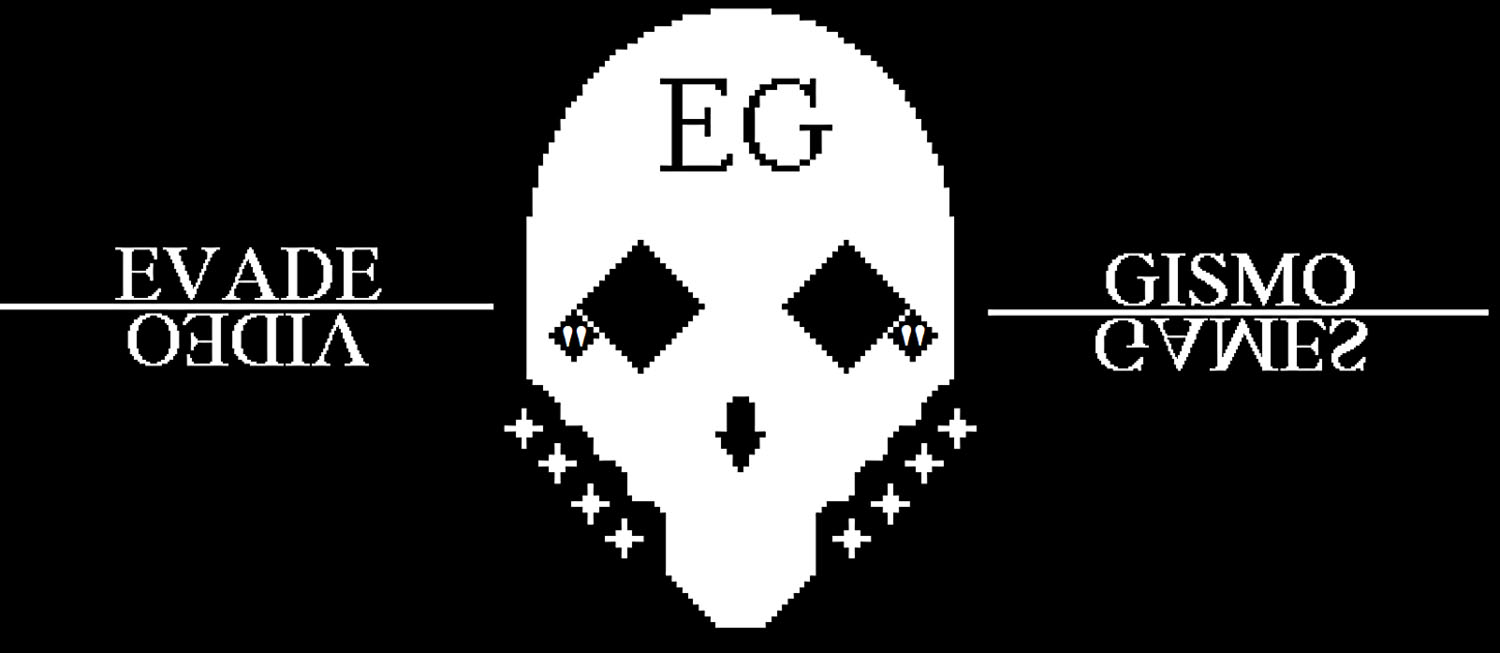CONFESSIONS OF A TERRIBLE GAMER: FILTHY CASUAL EDITION
/I have a confession to make -- and no, it’s not that I’m a terrible gamer (I will never admit to that). It’s that... well, over the past week, I think I'm becoming a Blizzard fanboy. As someone who writes about a variety of games, I guess I thought I should give full disclosure.
Something about the design of Blizzard games has me gravitating toward them not strictly in and of themselves, but as preferable alternatives to similar titles. Over the past decade, each release seems intended to fill in successive slices of the genre pie: Real Time Strategy is what they’re known for, followed by Action RPG’s, but now they have a highly successful card-based puzzler in Hearthstone, a fun-for-all MOBA game in Super Smash Bros. Blizzard (Heroes of the Storm), and in June, Blizzard’s first Team Fortress 2-alike first-person shooter Overwatch comes out. I put Starcraft 2 down a long time ago - I found it literally too challenging to focus through a real-time, multi-battlefront resource management wargame - but these most recent 3 titles have become like safe injection sites for some of my most toxic gaming habits. Blizzard games are polished, generic, internally consistent, and low on time demand. A game of Hearthstone, Heroes of the Storm, or Overwatch comfortably fits into the 10-30 minutes slot. Compared to rival games in these genres, where a match tends to take upwards of forty minutes, this is a really attractive feature.
Take my 2200 hours of experience in Dota 2. I worked hard at that game; I invested hours and hours of research to improve, always seeking opportunities and advantages. But regardless, a painful loss can take 60 minutes. SIXTY. MINUTES. There is no surrender. You can Abandon the game, but you get punished for this by playing against other players who’ve also abandoned, which is even more unpleasant. Ask me today which game I’d rather play, and I would tell you Heroes of the Storm nine times out of ten. It’s a “lesser” game, certainly. It’s simpler, smoother, more forgiving. Finnicky annoyances like last-hitting enemies in order to get gold, or micromanaging the precious, gear-toting courier, are condensed in order to make the game faster and more fun. Small variances matter less in HOTS than Dota 2; what matters more is the overall movements and tactics of each team. And that’s why I’d rather play it. Also, that your name goes on fire when you get a killstreak.
Or look at Hearthstone. I’ve been playing Magic: the Gathering on and off for probably 14 years. I LOVE Magic: the Gathering. Sometimes I can’t find a friend to play with so I will wiggle my shinies in the light for a few hours, just longing to play. A MTG friend of mine recommended HEX to me, a game so similar to Magic it was sued for plagiarism, and yet different enough that many experienced MTG players prefer it over Magic’s digital counterpart. The funnest way to play these CCG’s is in a format called Drafting, in which you buy a few randomized packs of cards, and build a deck from them. Win games against other players who have done the same, and you could win enough packs to Draft again (and then some)! The legendary self-sustaining one-time investment is attractive to the smugly clever folk who enjoy these games. So I dropped $7 and drafted a pretty good Blood/Diamond deck. I had to *shudder* “pass a rare” - sometimes when drafting, you will forego using a rare, valuable card in order to pick less cash-valuable, but more efficient, synergistic cards - in order to make a better deck. I smashed Round 1 of my first best of 3, lost the second match badly, and in the tiebreaker, it was tough to call the winner before my internet crashed. I couldn’t get it going again in the 5-minute permission window, so by the time I signed in again, I had nothing to show for my $7 investment but a bunch of common cards that accomplish almost nothing beyond the Draft. Betrayed by about 90 minutes of gameplay which amounted to nothing by a fluke, I immediately uninstalled HEX and downloaded Hearthstone.
Like Heroes of the Storm, Hearthstone balms the wounds left by wasted time. Hearthstone’s Arena drafting costs either $2 or some in-game currency you can earn just by grinding, and lets you play one 5-15 minute match at a time, whenever you want. So even though there’s the same risk of disconnecting I experienced in HEX, it’s less costly, and less painful. There’s no pain in passing rares, because you don’t keep the deck you draft; instead, you use your rental draft to rack up wins (you can play as many matches with the deck as it takes to lose 3 times) which translate into card packs and game currency. And while there is a strong incentive to sink money into the game for cards, with no buyout, the free-to-play features give you access to all the same resources, should you boast the patience to grind.
All told, my near-exclusive Blizzard fixation of late hasn’t stifled, but brightened my view of games today. I’m happy to have a client outside of Steam that reliably offers up fast, fun, & fair match-based gameplay.







